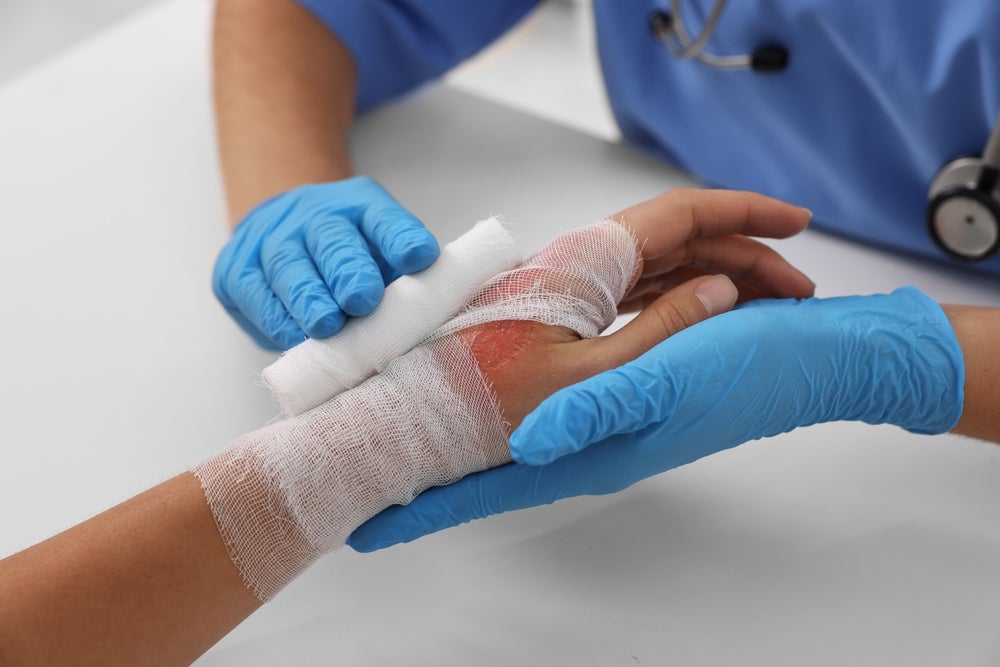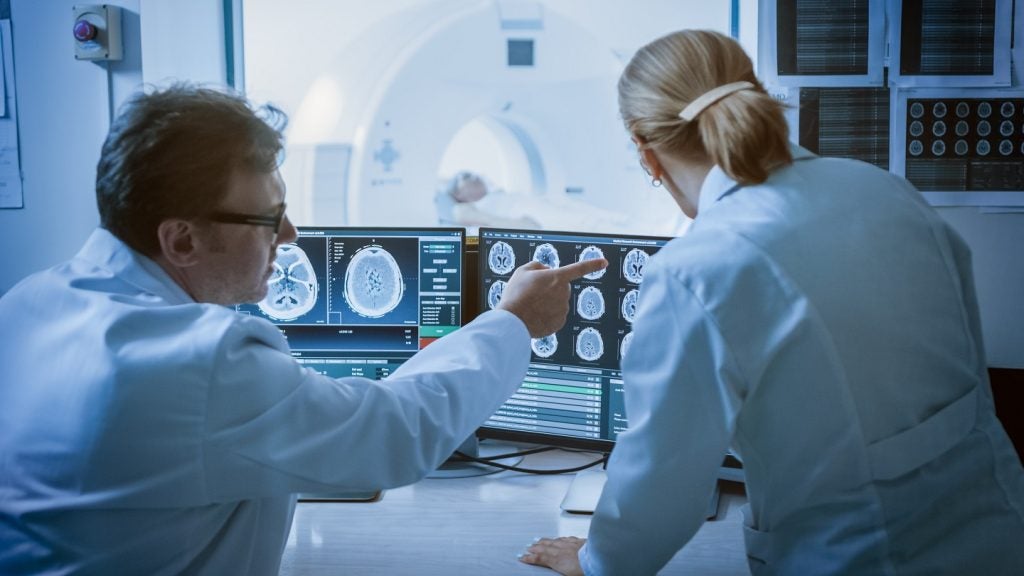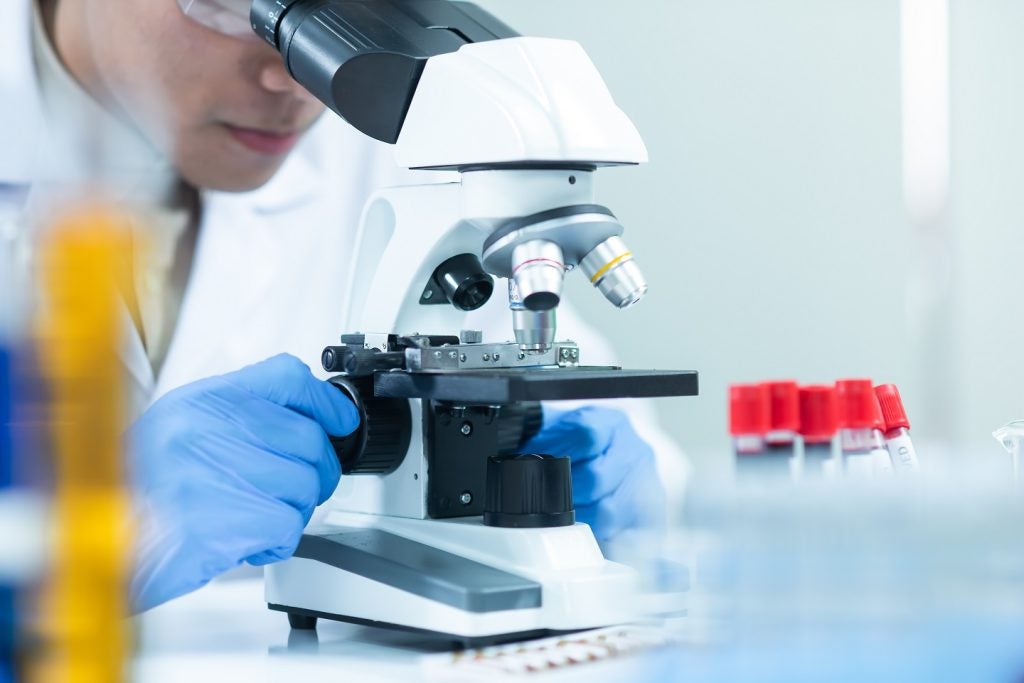A month after completing paediatric enrollment, Spectral AI has reached its adult enrollment goal at burn centres for a US pivotal study evaluating its AI wound diagnostics platform technology.
The US company said that data from the trial, which it claims is one of the largest domestic burn studies ever carried out, will be used to pursue a De Novo classification from the US Food and Drug Administration (FDA) for the system, called DeepView.
The DeepView system uses algorithms to analyse multispectral imaging of wounds against a burn biopsy tissue database made up of more than 340 billion data points. The device is designed to predict wound healing outcomes and support clinical decision-making.
One of the most critical decisions when treating burn victims is assessing how deep the burn is and whether surgery is required. Distinguishing between healthy and damaged tissues can help avoid unnecessary surgeries.
A total of 160 patients have been enrolled, according to the study’s principal investigator Dr. Jeffrey Carter.
Spectral AI’s CEO Peter Carlson said: “We met our burn centre enrolment goal much sooner than anticipated. This milestone achievement will allow us to begin data analysis and advances our product commercialisation timeline.”
Whilst burn centre site participation has now been ticked off, the company said it will continue to enrol patients at emergency departments (ED).
Previously, Spectral AI said it aims to complete the study in Q42024, with approval prospects slated for 2025. But in the latest press release, the company said ED enrolment is expected to continue into 2025.
“A subsequent 510(k) application will be submitted for the use of the DeepView System in EDs following the completion of the ED enrolment, associated data analysis, and the receipt of FDA approval for the use of [the system] in burn centres,” Spectral AI said in a statement.
The non-invasive system has already received the regulatory green light for adults in the UK in February 2024.
The wound care management market is expected to total $38.8bn by 2030, with a CAGR of 3.4%, according to analysis by GlobalData.















